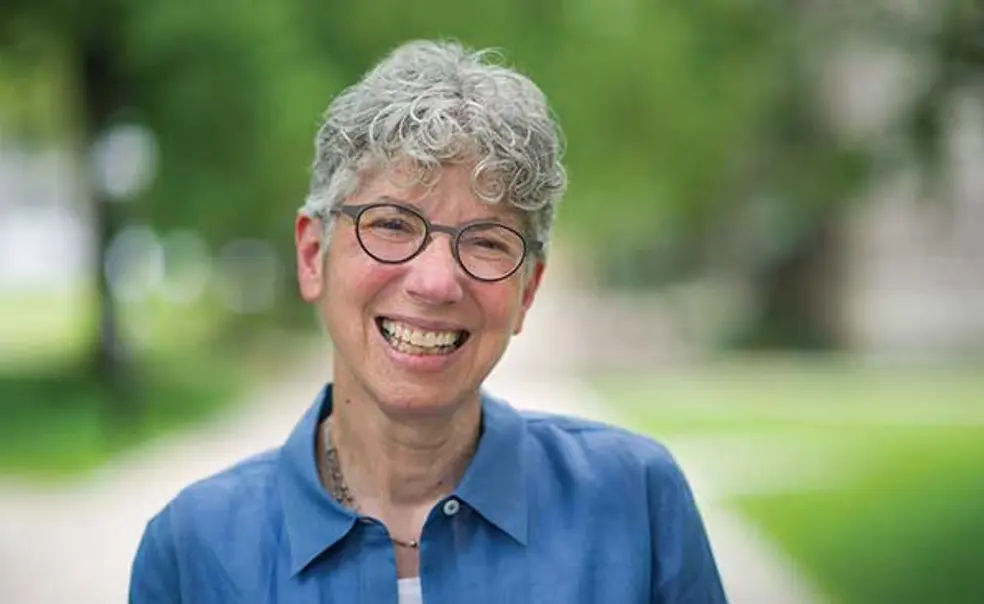Broader Perspectives
Faculty votes to add requirement or ‘culture and difference’ courses
The University has added a requirement in “culture and difference” as part of the first major revision of general-education requirements in nearly a quarter-century.
The faculty voted 41–20 at its April 29 meeting to support the new distribution area for A.B. students starting with the Class of 2024. For B.S.E. students, it will be a seventh potential field for the “humanities and social science” distribution area.
The faculty Committee on the Course of Study, which endorsed the proposal, said culture and difference courses would serve as “a lens” to complement other forms of inquiry, using cultural analysis to explain how people experience the world both within and across groups. Such courses “often [pay] close attention to the experiences and perspectives of groups who have historically been excluded from dominant cultural narratives or structures of social power,” the committee said.
Professors who spoke against the plan said the new requirement didn’t seem to fit other distribution areas, which are described as “different ways of knowing.” Physics professor Shivaji Sondhi voiced concern that instead of providing students with intellectual tools, the requirement would offer “a set of conclusions.”
Supporters countered, however, that the new requirement would encourage analysis without proscribing a specific approach — and more broadly, would help prepare students to become global citizens.
Dean of the College Jill Dolan said after the meeting that for many faculty members, the new requirement is “central to the many things a student should learn at Princeton.” She said most of the University’s peers have instituted a similar requirement.
About 25 percent of all courses offered in the past four years would likely qualify for the requirement, Dolan said; among the Class of 2017, three-quarters of all students took one of those courses.
The path to the new requirement was a winding one: Four years ago, a diversity study group of the CPUC urged the establishment of a distribution requirement for undergraduates related to diversity and culture. President Eisgruber ’83, in creating a Task Force on General Education, specifically asked the group to consider the idea as part of its charge. The task force recommended that all students be required to take a course on “the intersections of culture, identity, and power,” a focus that was modified in response to discussion with faculty over the past two years.
Dolan said the issue has grown more important over time, partly because of events in this country that show “we have become less and less adept at handling our cultural differences.” The new requirement will provide students with “a level of analysis and understanding ... for how we see each other in the world,” she said.
The general-education task force also suggested that Princeton require all A.B. students to take a foreign-language course regardless of proficiency and a course with international content. The Committee on the Course of Study did not endorse the two recommendations, expressing concern about “the additional pressure” that the proposed requirements would have placed on students.
A task force recommendation to reform the academic calendar — moving fall-term exams before winter break and creating a January term — was considered separately last year by the faculty, which voted to change the calendar and provide a two-week wintersession starting in 2020–21.
Princeton’s last review of its general-education requirements was in 1994; the writing and science and technology requirements were modified in 2001 and 2010, respectively.












No responses yet